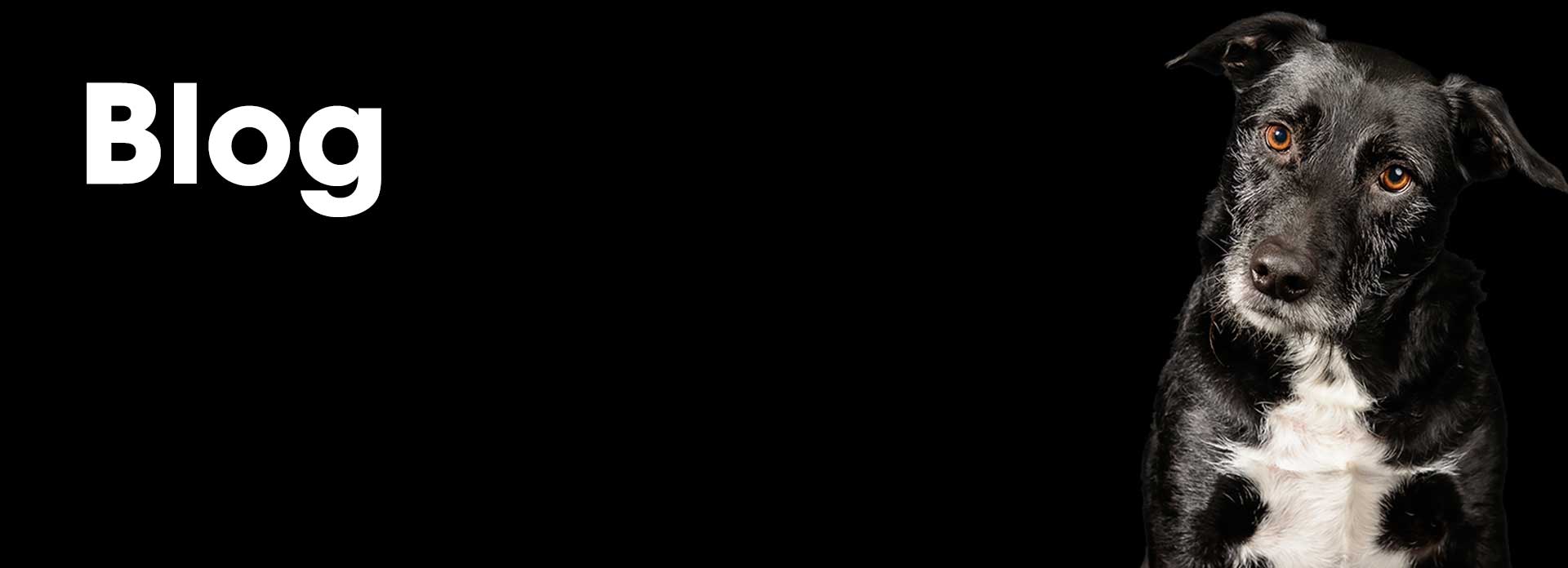The journey to a well-adjusted and well-trained dog starts with puppyhood. If you’ve brought home a new puppy, you can start socializing her right away to help her get used to all the new people, sights, sounds, and smells she will encounter in her life. Read on to learn a gentle and thoughtful approach to socializing puppies.
When do I start socializing?
It’s never too early to start socializing your puppy. Experts say that the critical time period for socialization is between 3-12 weeks of age. During this period, pleasurable, neutral, and traumatic stimuli can make a lifelong impact on your dog. For very young pups, you can start with gentle handling and the sound of your voice to help them get used to life with their human families. As your puppy develops and begins exploring her surroundings, you can add new toys and sounds (for example, the vacuum or radio) to her environment and provide positive reinforcement so she knows they’re safe.
If your puppy is older than 12 weeks, don’t despair! You can and should still work on socialization exercises. It may take a little more work to build trust and undo negative associations, but positive reinforcement with treats and toys, plus gradual desensitization, can work.
Go slow and steady.
The key to success with puppy socialization is to go slow and steady rather than throwing everything at your pup at once. Consistency is also important. If something, like the sound of the hair dryer, seems to scare your pup a lot, you can dial back the intensity of the sound and give positive reinforcement to help your puppy overcome her fear. For example, turn on the hair dryer in the other room with the door shut. Then, after your puppy tolerates that, try opening the door. After that, you can try turning it on in the same room as your puppy.
Invite your friends over!
Introducing your pet to new people of all ages, genders, and race can help your puppy grow into a confident and people-friendly dog. You can start doing this very early on but, of course, do it slowly and make sure to supervise young children.
When should I introduce my puppy to other animals?
It’s very important that your puppy has been vaccinated before she interacts with other dogs, and that the dogs she meets are also fully up to date on their vaccines. Typically, a puppy’s vaccine schedule will be complete by 12 months.
The reason why you should be careful about introducing your puppy to other dogs is that young animals without proper immunization can become very ill from infections like distemper and parvovirus. You should avoid taking your puppy to the dog park and letting her get too close to other stranger dogs you meet when you’re out on a walk. Experts also recommend against letting your puppy walk outside without a leash for this reason. Talk to your vet about when it will be safe for your puppy to have broader exposure to other dogs.
Nevertheless, socializing your puppy with other dogs is something you should start early in life as long as it is with a dog who you know is healthy and fully vaccinated. It’s also important to make the meeting as smooth and friendly as possible. A negative experience with a growly or aggressive dog can cause your puppy to become fearful of others.
Similar principles apply to introducing your pup to other animals, like cats. Always keep a close eye when animals are meeting for the first time and be prepared to intervene if the encounter gets heated.
What other experiences should I let my puppy have?
If you’ve ever heard of a friend’s dog who has an intense phobia of going to the vet, hearing thunder, or perhaps hates anyone wearing a hat, you know that dogs can develop strange aversions to things that we view as totally normal. Showing your puppy early on that these are neutral or even positive things will help her live in less fear.
Here is a handy checklist you can reference to get an idea of all the different experiences you can introduce to your puppy so she is prepared to take on the world around her.
